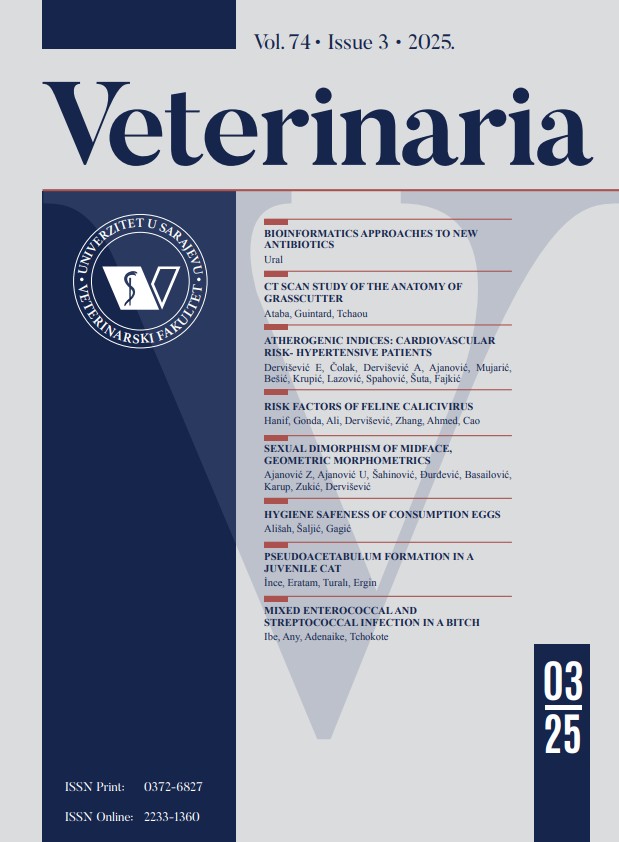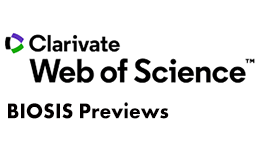Oncolytic activity of Newcastle disease virus strain zg1999hds on oral malignant melanoma in dog: A case report
DOI:
https://doi.org/10.51607/22331360.2022.71.2.243Keywords:
Dog, malignant melanoma, Newcastle disease virus ZG1999HDS, virotherapyAbstract
Oral Malignant Melanoma (OMM) are the most frequent neoplasmsin dogs older than 10 years, and represent up to 7% of all malignant tumors in dog. Small breeds, with especially heavily pigmented oral mucosa are of greater risk to get the disease. The outcome of the OMM is related to the clinical stage at presentation e.g. tumor size, presence of local or distant spread of metastases, presence or absence of ulceration and anatomic site. The treatment of OMM consists of radical resection of the primary tumor, and considering the malignant behavior of the disease, radiotherapy, chemotherapy or immunotherapy could be introduced. Other forms of therapy such as immunotherapy using cytokines and specific vaccine have also been tested with controversial results. Oncolytic viruses have not been used in OMM treatment in dogs, although promising results with melanomas in humans were achieved. Described here is the efficacy of NDV strain ZG1999HDS given locally and systematically to a dog with OMM. After two sets of virus application the melanoma tissue had necrotized with evident neutrophilic demarcation of the remnants of the viable tumor cells in which melanin pigmentation was no longer present.
Downloads
Published
How to Cite
Issue
Section
License
Copyright (c) 2022 Siniša Ivanković, Damir Stanin, Tihomir Kosjek, Ivan-Conrado Šoštarić-Zuckermann, Bratko Filipič, Hrvoje Mazija

This work is licensed under a Creative Commons Attribution 4.0 International License.








